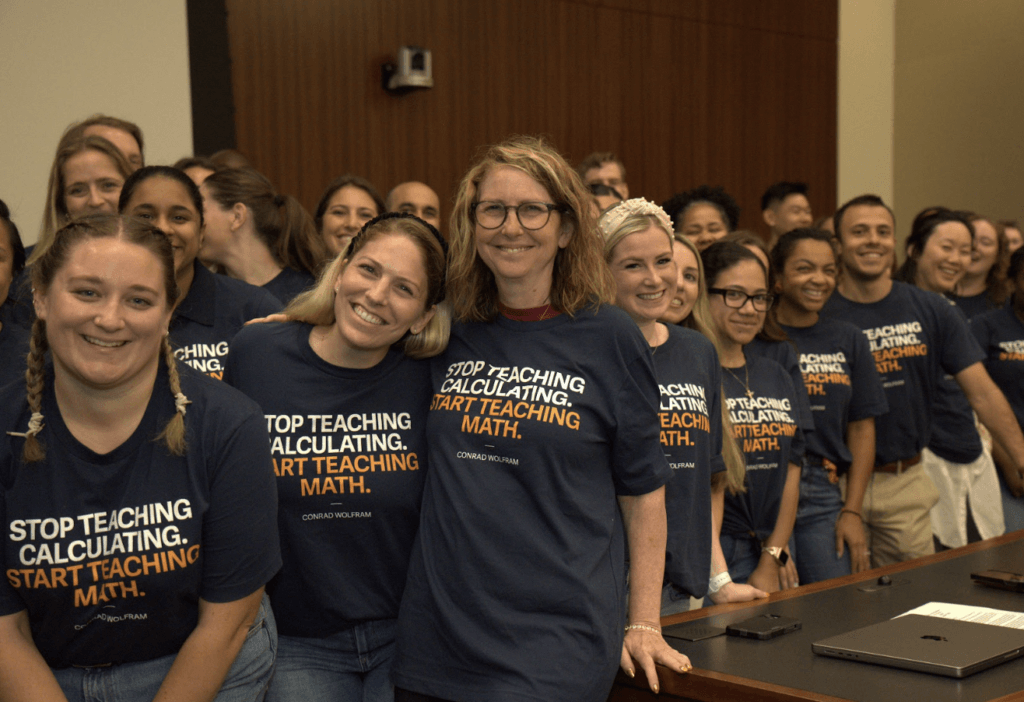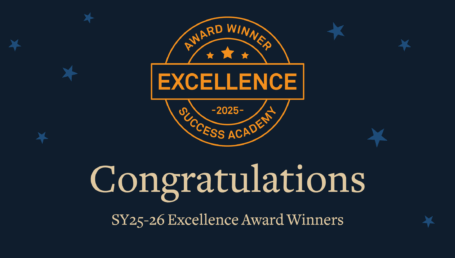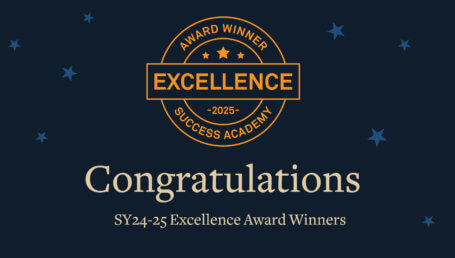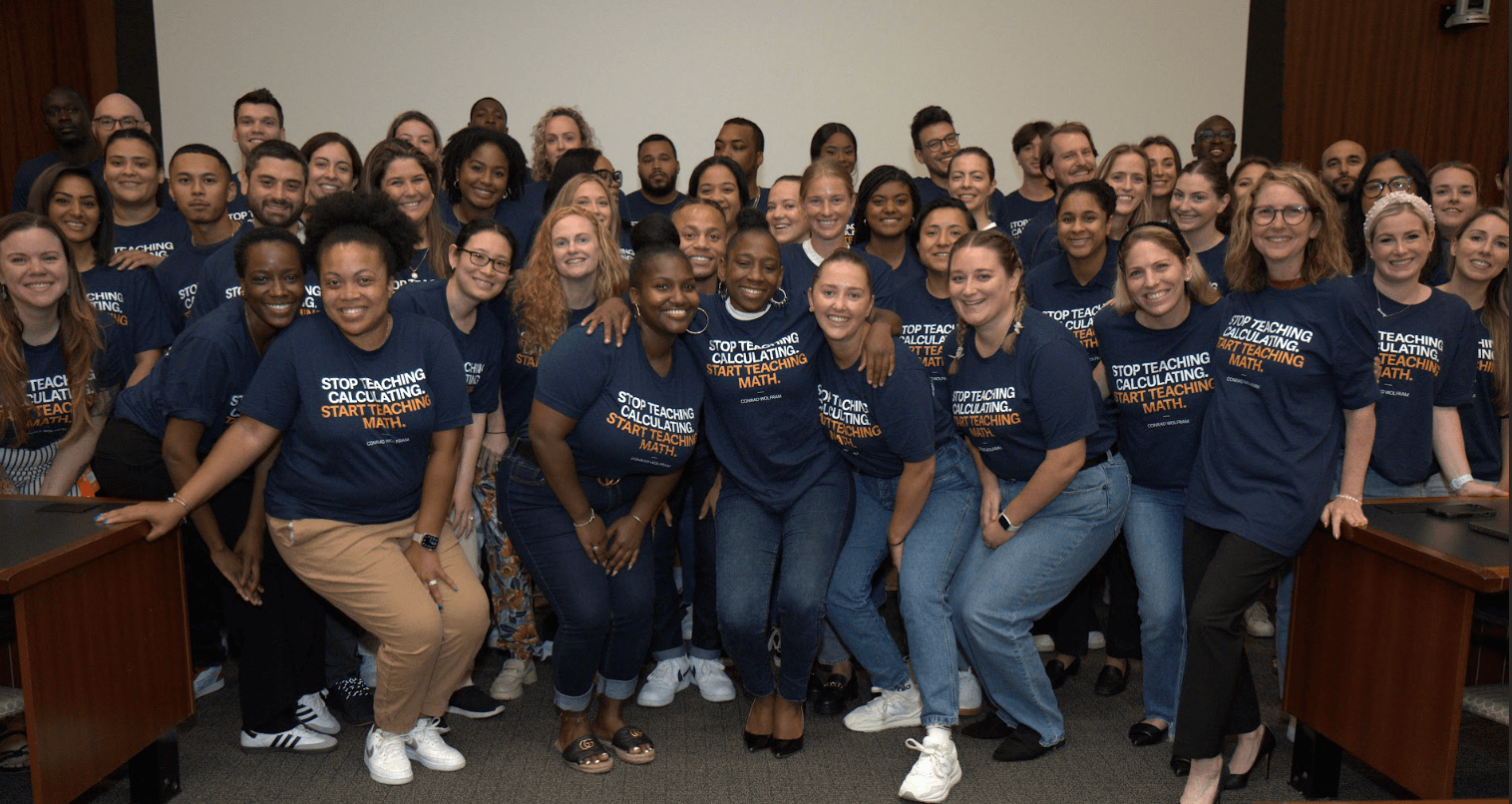
Leader Training Institute (LTI) is a two-week period when Assistant Principals and Senior Leaders gather for training and vision-setting for the upcoming school year. LTI is designed to equip our educators with the essential skills to cultivate scholars as independent, confident, sophisticated thinkers. We sat down with Claire Bartkus, Head of Ed Institute Operations, to find out how this year’s LTI helped turbo-charge teaching and learning for SY23-24!
What priorities did LTI focus on this year ?
Last year was very exciting because we introduced our vision for scholar preparedness. But it was new to all of us, so while we could communicate the what and why of our vision, we didn’t have as much clarity about the how. With year one under our belt, we have a more precise understanding of the step-by-step changes we need to make to take scholar preparedness to a whole new level. As a result, this year’s LTI was designed to provide clarity about the standards we are going for — we shared tons of videos — and practical management training on moving adult practice toward those standards.
What were the changes you made to LTI to get at this “how”?
This year we designed LTI backward from Quarter 1 (through early October) goals. Last year, leaders had a good sense of our ultimate vision, but they didn’t have a roadmap of what to focus on at the start of the year. During Teacher Excellence Training (TET) — the first weeks of school when scholars have returned and teachers are intensively practicing skills — leaders didn’t know what they were going for so they couldn’t manage their people against it. This year, we made clear what winning looks like in Quarter 1, not in Quarter 4!
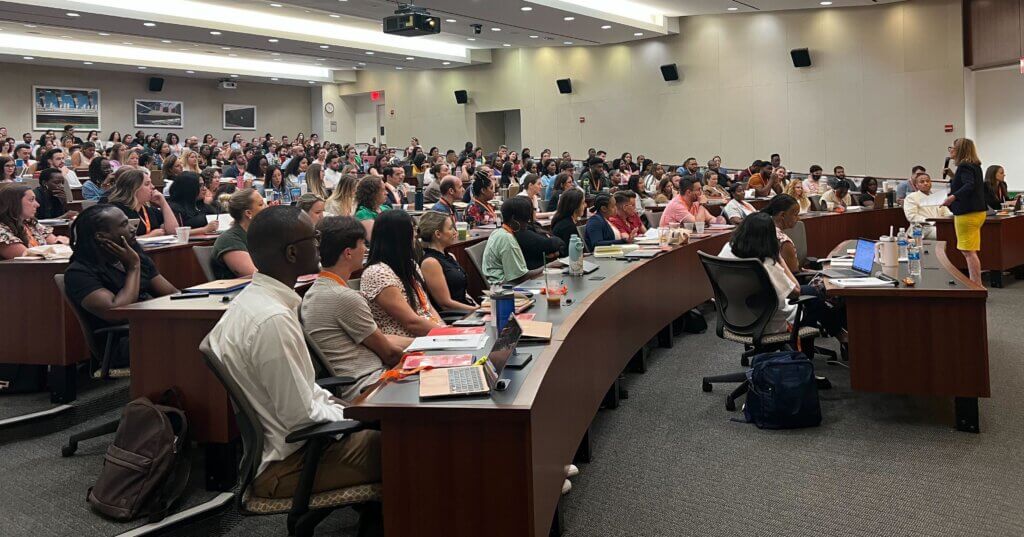
What are the Quarter 1 goals and why do they matter?
Our goals for Quarter 1 are to get smart classroom management (SCM) and insistence in all classrooms, and for teachers to be able to model reasoning. Getting smart classroom management (SCM) — classrooms where students are focused, engaged, and independently executing routines without adult micromanagement — is essential for developing our scholars’ autonomy. It also allows teachers to focus their attention on great instruction. Last year we got SCM across our schools and it was a huge accomplishment — but we want to get it faster this year.
The second goal is insistence and it scaffolds to the end goal of teachers being able to focus most of their classroom time and energy on thinking and reasoning, not on foundational behaviors like coming to school in uniform, completing homework, double-checking work, and answering the question asked. To create these conditions, teachers need to consistently notice and address when scholars aren’t meeting expectations. When teachers master this level of insistence early in the year, it pays dividends. Scholars step up, learning accelerates, and the job of teaching is easier and more fun.
Our third goal is modeling reasoning. For true preparedness, scholars need to be sophisticated thinkers. That means most of class time must be spent reasoning about language and meaning in literature and historical texts and events, and about key mathematical and scientific concepts. But for scholars to reason consistently, teachers have to effectively model reasoning themselves. Building this competency in adults is the first step to building it in scholars.
What about LTI this year makes you most excited?
I am excited about the clarity that leaders are leaving with and also that they will be doing this same training for their teachers. They’re getting all the materials we used, so they don’t have to scramble to create their own content. I think this consistency across schools and educators is going to be very powerful for our scholars.
